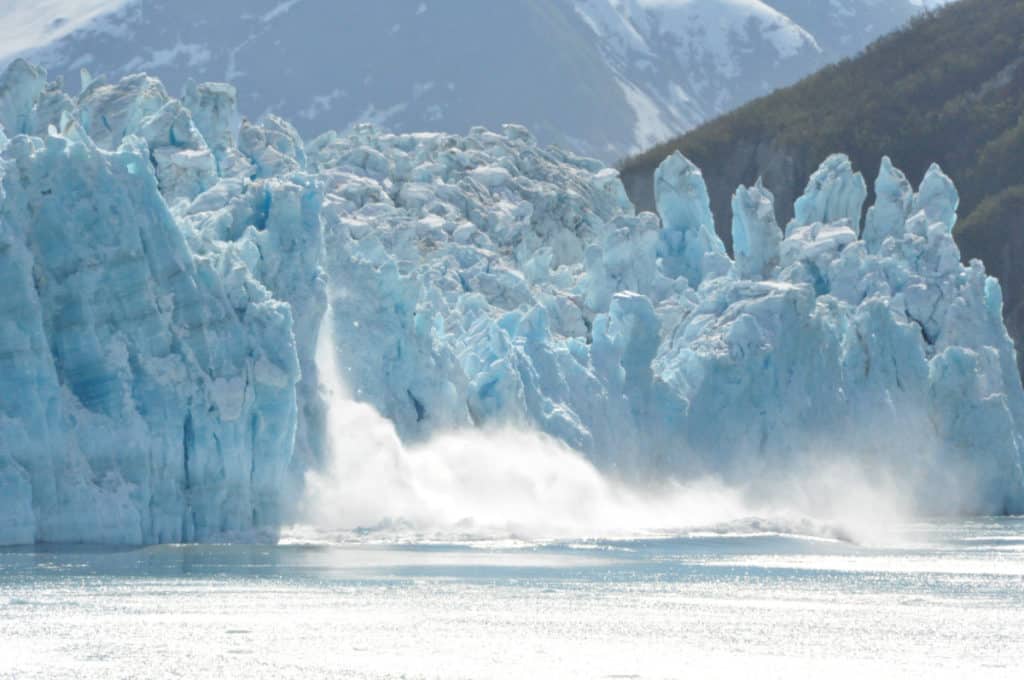
The Mississippi Department of Environmental Quality (MDEQ) closed 21 beaches on the gulf side of the state. The closure is due to a toxic algae bloom that is causing humans and wildlife to get sick.
Harmful Algae Blooms (HABs) occur when colonies of algae bloom in large quantities. They release harmful toxins into the water that affect wildlife and humans alike.
What Causes HABs
HABs are not uncommon and can happen along all coastal states when certain conditions are met.
For example, Florida experiences what is known as “Red Tide” fairly often. However, what causes these conditions can be a wide range of things.
The Center For Disease Control and Prevention (CDC) lists 7 reasons why HABs occur. The most common being higher levels of nutrients present in the water.
However, in this specific case, the cause seems to be an influx of freshwater at the coastline. The Bonnet Carre Spillway in Lousiana allows flood waters from the Mississipi river to flow into the Gulf of Mexico.
What Are The Effects of Toxic Algae
As the name implies, toxic Algae is not a good thing. In the case of humans, the MDEQ states that it can cause rashes, stomach cramps, nausea, diarrhea and vomiting.
On top of not entering the water, residents should not consume any seafood that was in the affected locations for similar reasons.
Of course, beachgoers are not the only ones affected by toxic algae. The ecosystems of water affected are not much better.
For example, fish cannot survive and end up floating to the top. Birds then consume the diseased fish and get sick as well.
Larger marine life is also not safe from the effects of toxic algae. In fact, they may be even worse off because they eat larger amounts of sick fish.
HABs Will Occur More Often Due to Climate Change

For the most part, HABs occur during summer time due to increasing temperatures. Climate change is raising the global thermostat, which will make HABs more common throughout the United States.
The only way to prevent these from becoming more common is to ensure the temperature does not rise, but that is unlikely. Even with top scientists citing clear evidence and public outcry, governments are still slow to take action.

